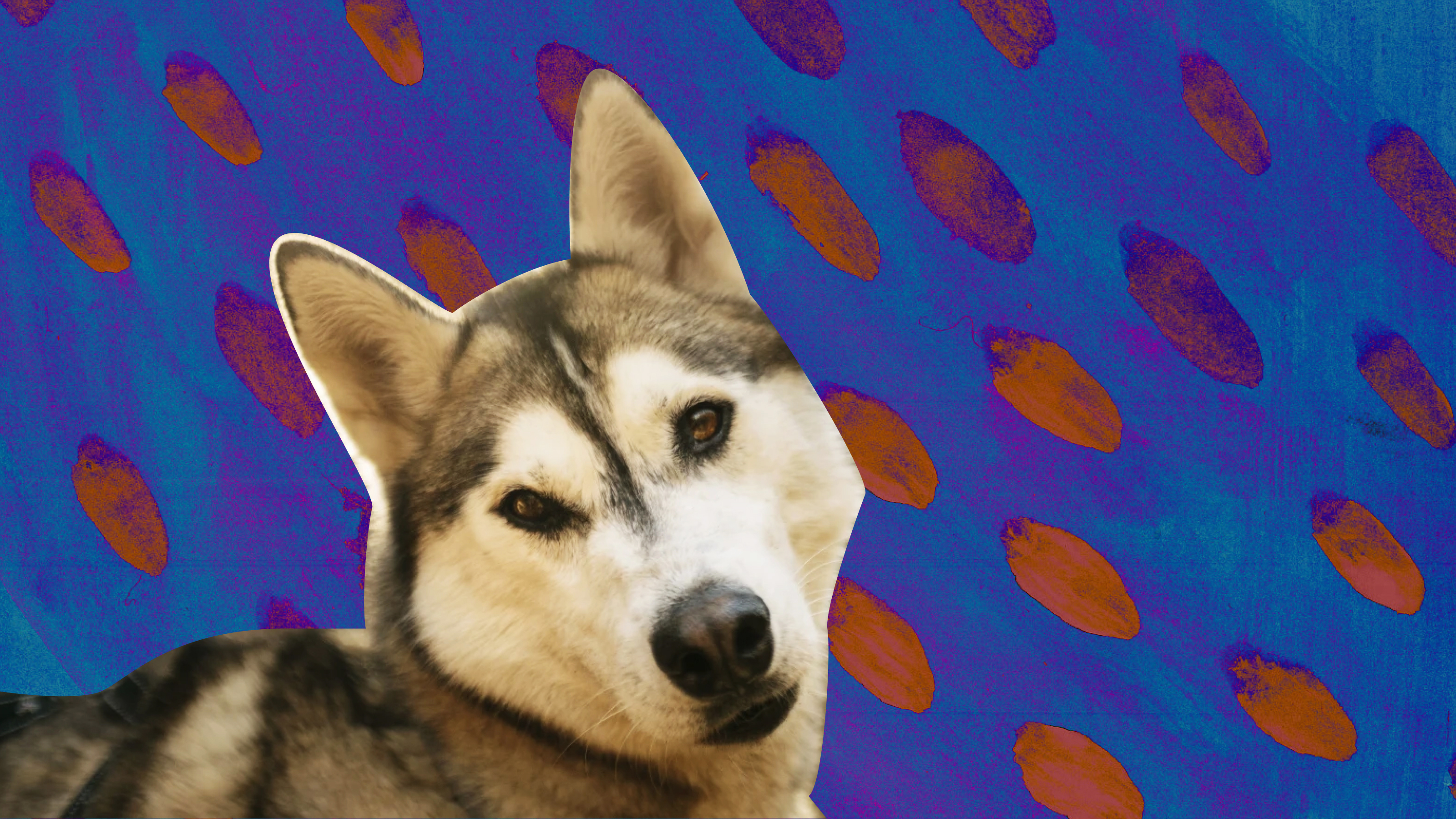Why do dogs tilt their heads? It may signal intelligence.

- Despite head tilting being a familiar behavior of dogs, no study has ever examined why dogs do it.
- A recent study explored the relationship between head tilting and teaching dogs the names of new toys, aiming to see whether dogs are more likely to tilt their heads upon hearing a word they know.
- Dogs that were consistently successful in learning the names of toys were more likely to tilt their heads upon hearing their owners say the names of the toys.
The intelligence of dogs impacts our daily lives arguably more than that of any other animal, whether we are training them to find explosives or simply a good place to poop (which is not in the house).
Dogs are unique in terms of animal intelligence. As descendants of wolves, they have been evolving alongside humans for millennia, during which time they have gained cognitive abilities that have benefited our cross-species partnership. In addition to forming deep emotional connections with people, dogs can understand human emotional vocalizations, the purpose of pointing, and (with extensive training) hundreds of words.
But despite all the research on canine intelligence, nobody has ever thought to investigate one of dogs’ most familiar and adored behaviors: the head tilt. Some have suggested that dogs tilt their heads to hear better or see beyond their snouts. A 2021 study published in Animal Cognition offered a new explanation for head tilting: Dogs do it when they are processing relevant, meaningful information.
Gifted word learners
For the study, the researchers conducted experiments involving 40 dogs divided into two groups. One group of dogs had proven consistently successful in learning the names of toys (and thus were called “gifted word learners”), while the other dogs were typical in their learning abilities.
“Only a few dogs can learn the name of objects (toys) even after a few exposures, while most (typical) dogs do not,” the researchers noted. “We define the dogs that rapidly learn object labels as gifted word learner (GWL) dogs. We expected that, if head-tilting is related to processing meaningful or relevant auditory stimuli, dogs that learn object labels would tilt their heads more frequently upon hearing the toy’s name than typical dogs.”
To test that hypothesis, the researchers had all dogs undergo a three-month training program designed to teach them the names of two novel toys. Across three experiments, the researchers recorded the dogs’ reactions when their owners instructed them to retrieve one of the novel toys, which was laid among other toys on the floor in a separate room.

Smart dogs tilt their heads
The results revealed two main findings. First, only the GWL dogs were able to learn the names of the new toys at levels above chance. But more importantly, the GWL dogs were significantly more likely than the typical group to tilt their heads upon hearing their owners say the name of a new toy.
“Therefore, we suggest that the difference in the dogs’ behavior might be related to hearing meaningful words (for the GWL dogs) and could be a sign of increased attention,” the researchers wrote. “Possibly, head-tilts could also be related to making a cross-modal match in the dogs’ memory (e.g. name to a visual image) upon hearing the toy’s name.”
The results showed that each of the individual dogs in the GWL group consistently tilted its head in the same direction, but some of the dogs consistently chose right while the others chose left. This held true even when the owners altered their positions while giving commands, suggesting that “the location of the sound source can be excluded as a confounding factor,” the researchers wrote.
The authors cannot say much yet about the intelligence of particular breeds. All of the GWL dogs were border collies, but so were most of the typical dogs that could not learn the names of the new toys. The researchers noted that future studies could investigate the behavior with a larger sample size including various breeds.





